Since Qatar was awarded the privilege to host the FIFA World Cup in Qatar in 2022 in 2010, FIFA has praised the reforms the country has made to safeguard workers’ rights. FIFA’s Head of Human Rights and Anti-Discrimination Andreas Graf stated that the main task is to push for the creation of a long-term positive legacy after the World Cup 2022, appreciating the reforms implemented by Qatar with regard to workers’ rights, during a conference on human rights organized by the German Football Association (DFB) in Frankfurt.
He also emphasized the steps taken by FIFA to protect workers engaged in World Cup projects, fans, and other participants, steps taken in partnership with the Supreme Committee for Delivery and Legacy, in cooperation with labor unions, and in cooperation with independent observers, as the protection program focuses primarily on businesses engaged in the construction of infrastructure for the World Cup.
According to a number of experts and international organizations, the attention given to Qatar in the context of hosting the tournament has promoted positive change, and there is a broad consensus on the need to ensure that the World Cup is organized in a way that respects human rights. Graf confirmed that such initiatives contribute significantly to promoting a frank and fruitful discussion on the steps taken by FIFA officials and their counterparts in Qatar to do so.
The conference witnessed several constructive discussions with the participation of many relevant parties, including representatives of the German Federal Government Commissioner for Human Rights Policy and Humanitarian Assistance, and Qatar’s ambassador to Germany Sheikh Abdullah bin Mohamed bin Saud al-Thani.
The Supreme Committee for Delivery & Legacy’s Secretary General, His Excellency Hassan al-Thawadi, also spoke at the conference via video call, and there were discussions with representatives from Amnesty International Germany, Reporters Without Borders, the Building and Wood Workers’ International, DFB Vice President Shashich, German international player Joshua Kimmich, football supporters, sponsors, and other groups.
In accordance with FIFA’s human rights policies and the UN Guiding Principles on Business and Human Rights, FIFA has been eager to collaborate with its member federations and civil society in recent years as part of ongoing efforts to encourage discussion, exchange of views, and perspectives on human rights in sport.


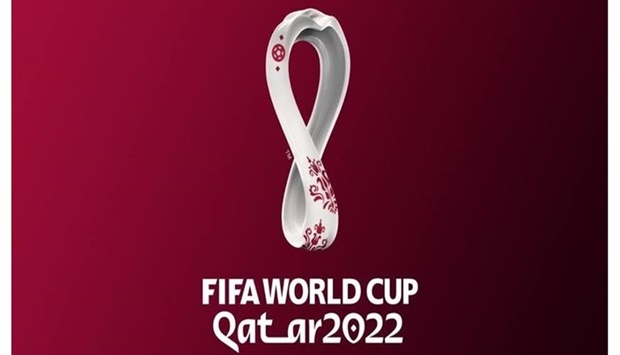


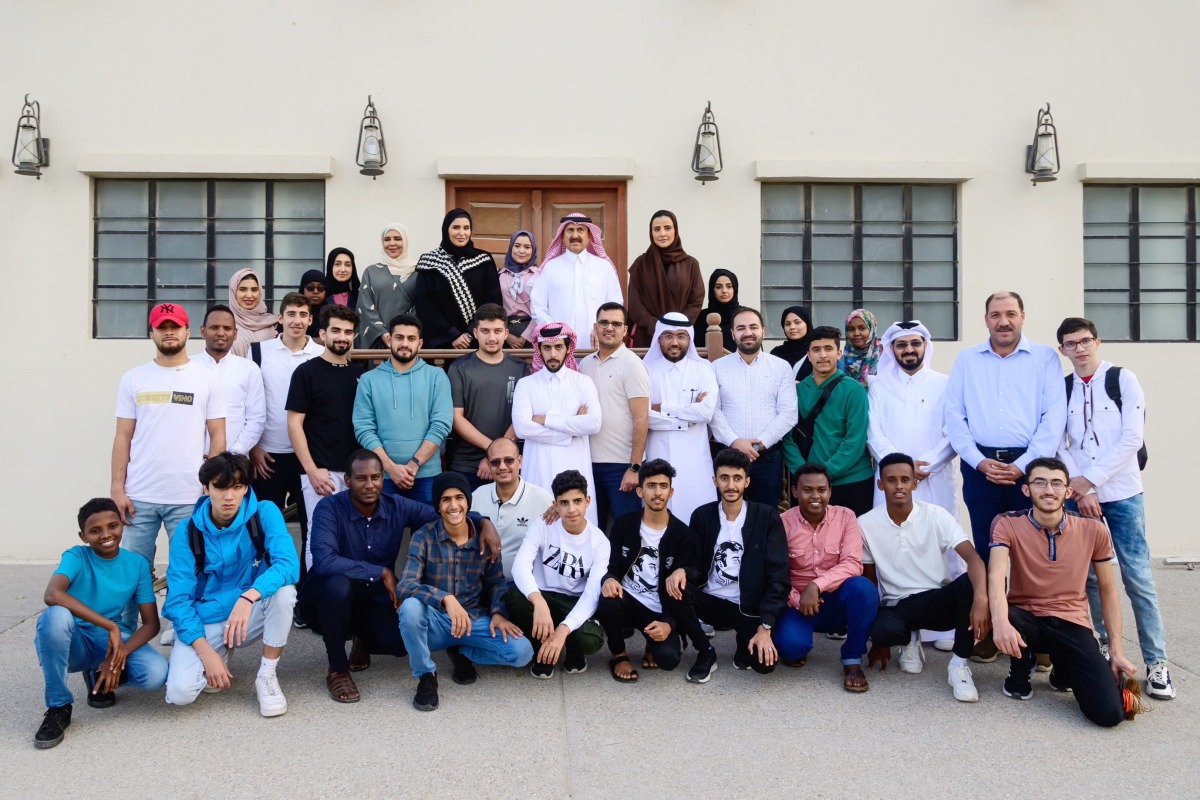
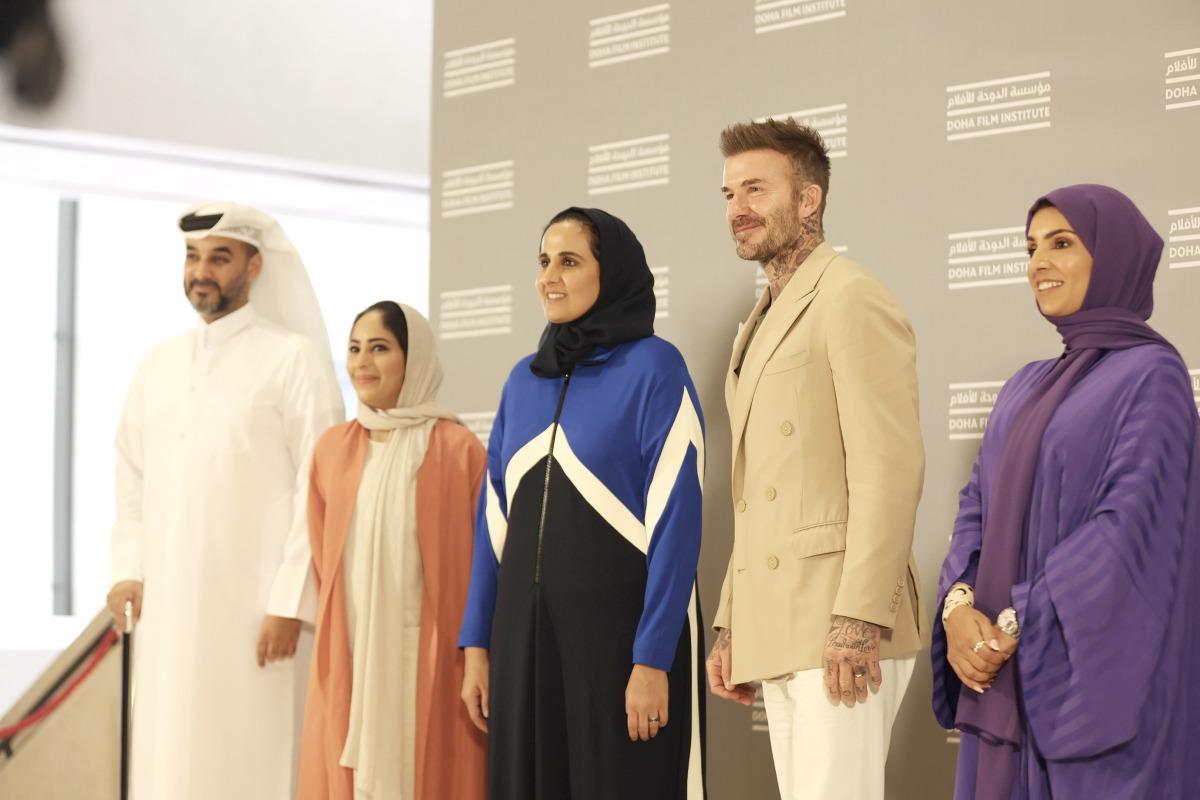
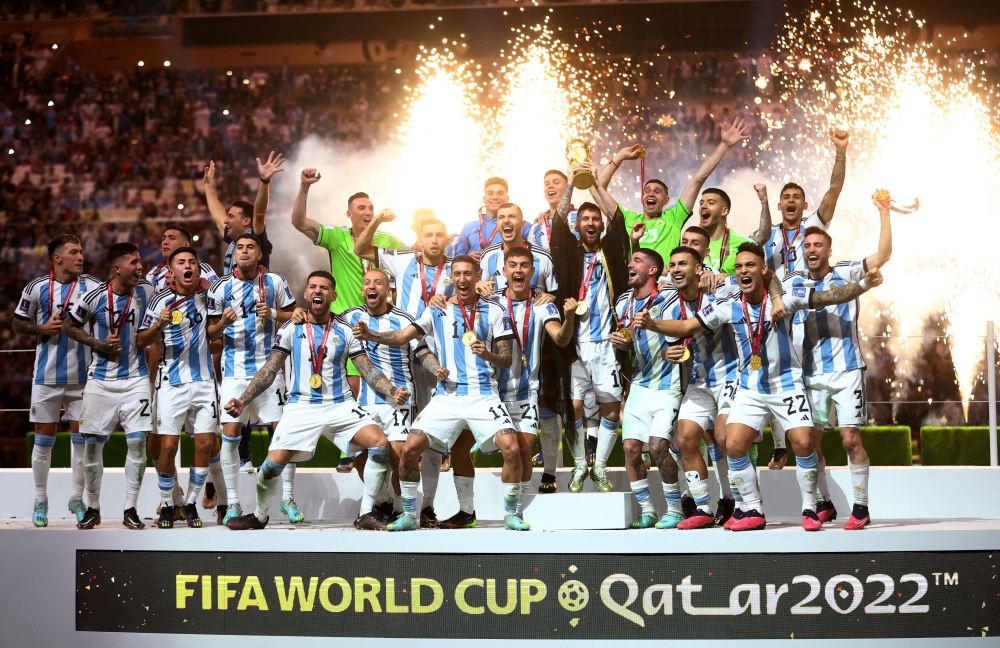
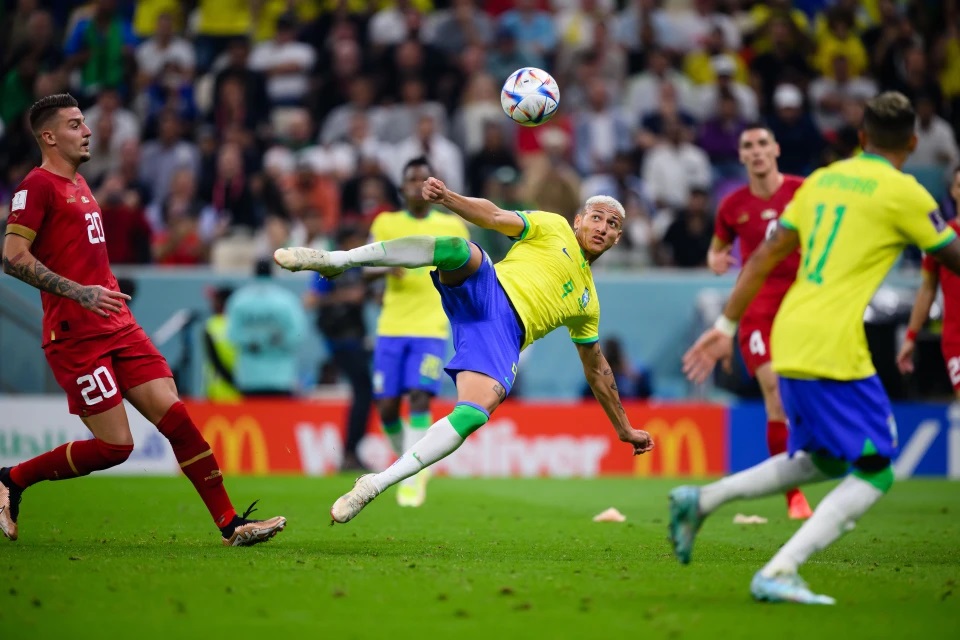








Leave a Reply